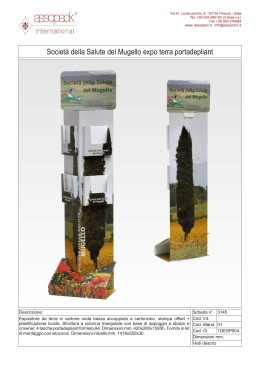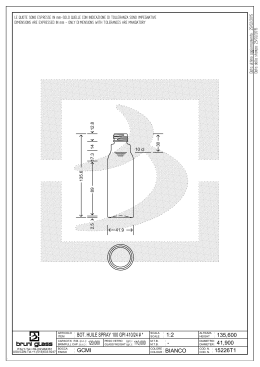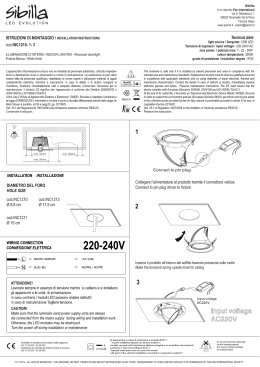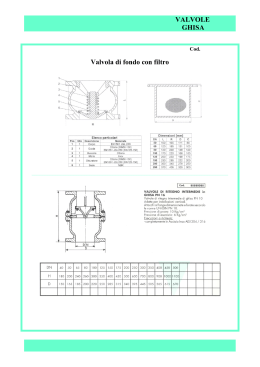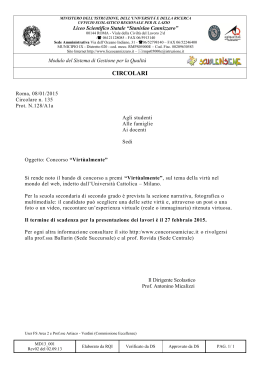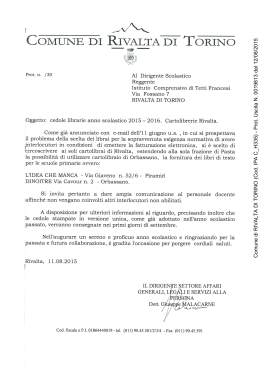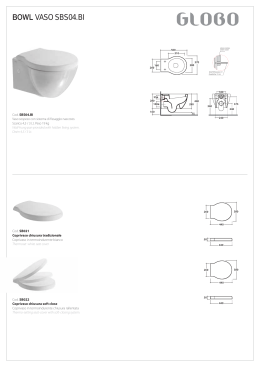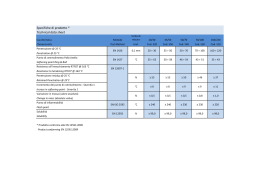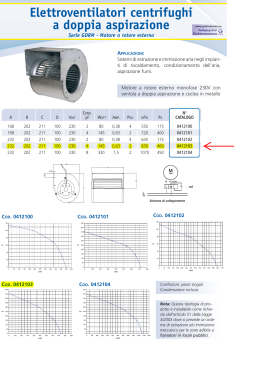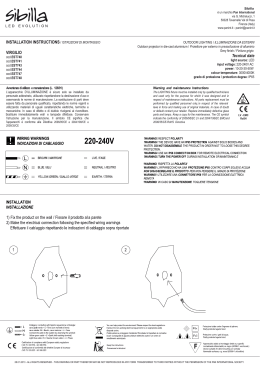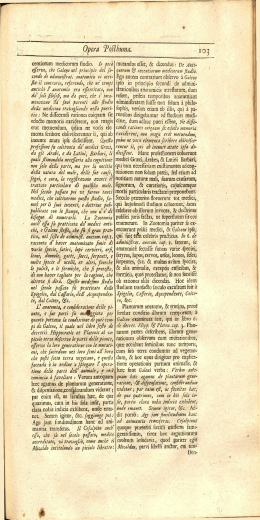da Eustazio al tempo dell'invasione, lo a v r e b b e esentato dalle i m p o s t e fiscali sui b e n i che possedeva in M a t e r a , e nel 1 2 9 4 da B a r l e t t a gli a v r e b b e r i c o n f e r m a t o questa esenzione (Reg. Ang. 1 7 8 , f. 75v) : m a pensò che questo e a l t r i docu- m e n t i , editi d a l B r i s c e s e in appendice all'opuscolo del V e s - sélovski, omonimo debbano riferirsi a qualche contempo- r a n e o del n o s t r o p o e t a , però di p a r t e guelfa. ANTONIO ALTAMTJRA I. [TARENTUM] . [Cod. Vindob. 177, f. 45r ( 7 ) : D I O N I S I U S ad Valer, Maxi* •nywm I I , 2, 5 ; Cod. Napol. I X . C. 24, ff. 119w-120r (N) ; Cod. Marc. Zan. lat. 526 (M) • Vat. L a t . 1924, f. 23« (VL)]. [ N o t a n d u m e s t Tarentum : fuit e n i m c i v i t a s valde nobilis e t opulentissima, e t e s t hodie, in qua fuit studium p h i l o s o - p h i a e y t a l i c u m e t g r e c u m , u t dicit b e a t u s Augustinus libro de « C i v i t a t e D e i » . — ad res petundas : quas n o n e x d e b i t o , sed e x consuetudine conferri permittebant. — Ut romana civitas esset fertilior, eo quod T a r e n t i n a c i v i t a s opulentissima e r a t , u t hodie e s t , de q u a p o e t a dicit : ] . U r b s r e g i o n i s opes p r e s t a t m i r a n d a T a r e n t u m , Mira magnis m e r i t i s , s a n c t e Catalde, tuis ; Deliciis v u l g a t a suis fit n o t a p e r o r b e m Bino cincia mari, fertilitatis humus. I . — 1-2 soltanto in N. - 5 sinus] sum V L ; in -bellisque] imbellisque V L (forse per reminiscenza dell'imbelle Tarentum di H O K A T . JSpiet'. I , " V I I , 45) ; notatus] vocatus V .
Scaricare
